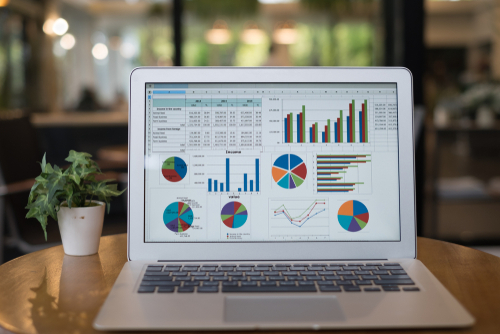
Business accounting activities can be tedious when performed manually and are prone to errors. For these reasons, many businesses have shifted to accounting software that offers numerous benefits, including data accuracy, time savings, easier auditing and on-demand reports.
With so many available options, it’s overwhelming to choose the right fit for a particular business. As more software vendors join the market with different enticing offers, it’s wise to be equipped with the right information.
Making a Decision Between Different Accounting Software
Each business is different and varies with industry. For efficient accounting operations, you cannot afford to choose a one-size-fits-all solution. Here are tips to help ease the selection process.
- Understand your business requirements
Whether you are a start-up or already have an existing business, begin by establishing your accounting requirements. This will help in making a list of features that you need in accounting software. Avoid copying other businesses without understanding what your business needs are. Consider your business size, number of users and projected growth (in order to support business scaling). - Conduct Research
Learn more about accounting software options. Some might offer only general accounting features while others provide industry-specific features. By reading online reviews, you can see what users are saying about different accounting software. - Get Recommendations From Your Accountant
Accountants who have already worked with the software have better knowledge about the product and can advise what will work for your business. Get their opinions. - Your Budget
A business budget is a major determining factor in purchasing an accounting program. Note that software vendors have different pricing models. Depending on how much you are willing to spend, you can choose between monthly subscription fees or a pay-per-use model. Ensure that you have checked out any extra or hidden costs as you could end up spending more than initially planned. And pricing aside, avoid choosing the cheapest option just to save on expenses. The wrong software could cost your business more in the long run. - Integration with Other Software
Businesses today use various software applications. It’s crucial that you select one that integrates with your existing business applications. This will help avoid duplication of work, such as manual data entry from one program to another. - Online Versus Offline Accounting Software
You might prefer to have accounting software that you install on your computer, or maybe you’d rather use the online hosted version. Online accounting software is gaining popularity among SMBs due to its affordability. To use this option, you don’t need to install anything – just access it with your credentials. This allows users to access the accounting software from anywhere, even using different devices. - Availability of Customer Support
Check whether the software vendor offers support after you have purchased or subscribed to use the software. What times do they offer support? And for how long will this support be available? - Data Security
Data security is especially important for those who choose to work with online accounting software. Consider security measures offered by the software vendor to safeguard against data breaches and other cybersecurity risks. A good software vendor should have measures in place like automatic data backup, data encryption, and allow granular user roles to be assigned.
Parting Words
Accounting software is crucial for businesses of all sizes as it plays an important role in the accounting process; thus, you can’t afford to choose randomly. Consider all your business needs before making a choice for the best fit for your business. Create a list of preferences, then check for vendors that offer free trials to get a taste of their services before making a final decision.
Remember, choosing the right accounting software will save you from the costly mistake of replacing a wrong one.

 Business accounting activities can be tedious when performed manually and are prone to errors. For these reasons, many businesses have shifted to accounting software that offers numerous benefits, including data accuracy, time savings, easier auditing and on-demand reports.
Business accounting activities can be tedious when performed manually and are prone to errors. For these reasons, many businesses have shifted to accounting software that offers numerous benefits, including data accuracy, time savings, easier auditing and on-demand reports.